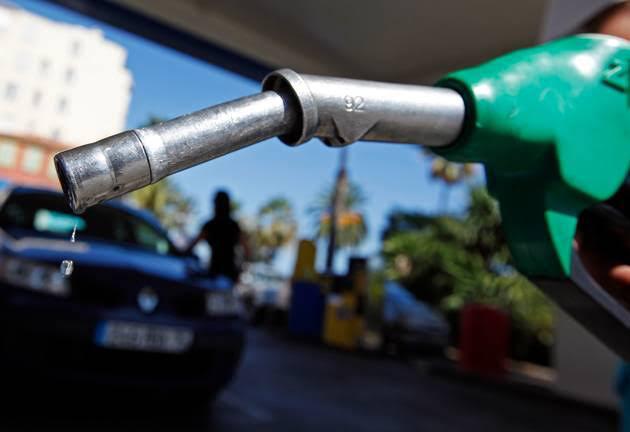Motorists and households in South Africa are facing a fresh round of fuel price hikes, with the cost of petrol, diesel, and paraffin all increasing as of this week. According to a report by SABC News, the price of 93 octane petrol has gone up by between 52 and 55 cents per litre, while diesel has seen an even steeper rise of 82 to 84 cents per litre, depending on the grade.
The cost of illuminating paraffin, commonly used in lower-income households, has also increased by 67 cents per litre, putting further pressure on family budgets, especially in winter.
However, there’s some relief for consumers using liquefied petroleum gas (LP gas) — with the price dropping by 57 cents per kilogram nationally. But in a surprising twist, consumers in the Western Cape are facing the opposite trend. In that province, the price of LP gas has risen by R1.90 per kilogram, bucking the national decrease.
The Department of Mineral Resources and Energy (DMRE) said the fuel price increases are mainly driven by higher international oil prices, which have surged due to rising tensions and conflict in the Middle East, particularly between Israel and Iran. Global uncertainty and disruptions in oil supply chains have pushed up the cost of crude oil, affecting fuel import prices for South Africa.
Despite this, the Department noted that the stronger Rand, which has gained some ground against the US Dollar in recent weeks, helped cushion the fuel price hike by about 15 to 16 cents per litre. Without this improvement in the exchange rate, the increases could have been even higher.
The DMRE updates fuel prices monthly, based on a combination of international oil prices, global refining costs, and currency exchange rates. South Africa imports a large portion of its refined fuel products, making local prices highly sensitive to global market movements.
This latest increase is expected to have a ripple effect across the economy, with analysts warning that higher transport and logistics costs could soon filter into the prices of goods and services. Commuters using minibus taxis and buses may also face fare hikes if operators pass the additional fuel costs on to passengers.
Many South Africans have already taken to social media to express frustration, noting that the rising cost of living, including fuel, food, and electricity, continues to outpace wages and income growth.
In response, civil society groups and consumer advocates have called for greater government transparency in how fuel prices are determined, and some have repeated longstanding demands for a review of the fuel levy system, which adds to the cost paid at the pump.
In particular, the sharp increase in diesel prices could hit the agricultural and transport sectors the hardest, just as they brace for peak seasonal activity. Higher diesel costs are likely to impact food prices, deliveries, and production.
The unexpected LP gas price increase in the Western Cape has left many consumers confused, as no clear explanation has been provided yet for the province-specific change. The DMRE has not yet issued a breakdown of regional adjustments but says it’s monitoring the situation.
As fuel remains a key economic input, the recent developments are likely to feature in upcoming discussions on energy pricing, inflation control, and social support for vulnerable households.
